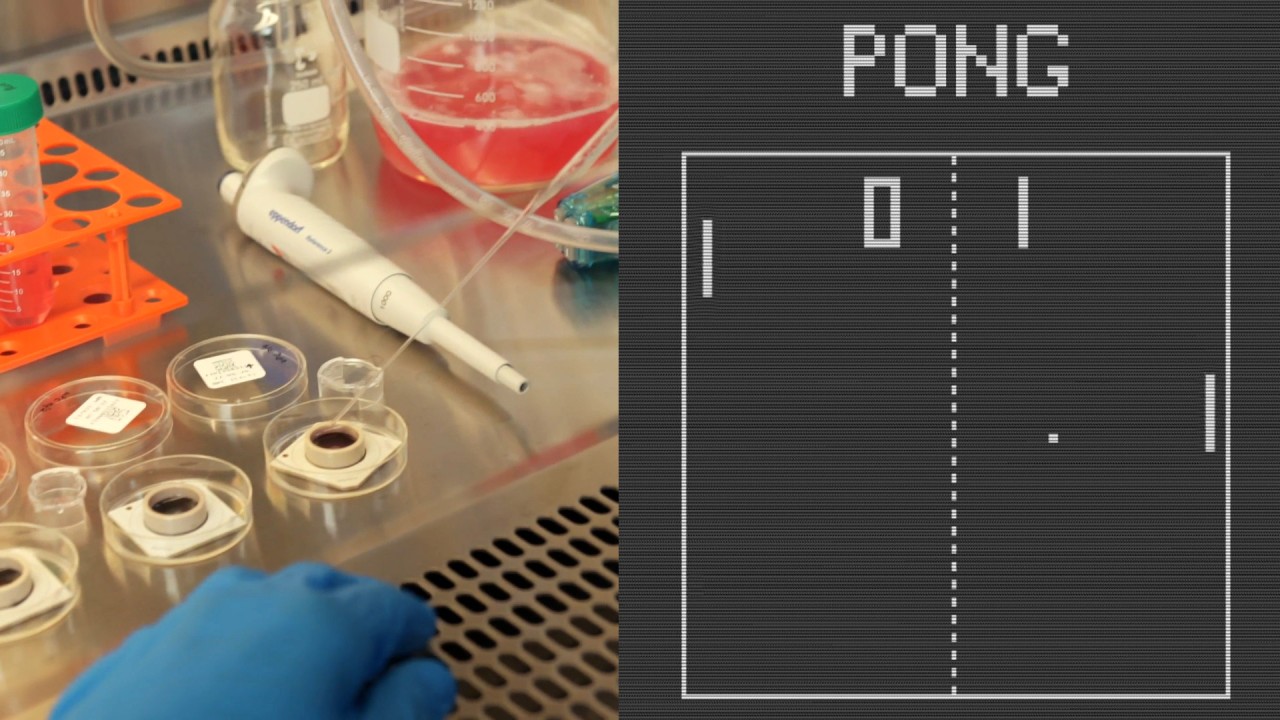Chinese researchers launch brain-computer interface platform compatible with dozens of available technologies
- BCI is a technology that can translate a user’s brain activity into messages or commands for interactive applications
- Chinese platform can ‘standardise the BCI data structure and processing process and develop a common decoding algorithm framework’

Chinese researchers have launched an open-source platform for a brain-computer interface (BCI) that can integrate dozens of currently available software into one place.
BCI, also known as brain-machine interface, is a technology that can translate a user’s brain activity into messages or commands for interactive applications. It is a direct communication pathway between the brain’s electrical activity and an external device, usually a computer or robotic limb
The latest project is called “MetaBCI”, which seeks to crack the software side of the technology, including signal analysis and device connection.
Chinese researchers say their new platform is able to “standardise the BCI data structure and processing process and develop a common decoding algorithm framework”, which “provides a solution for the entire process as a BCI software”, according to Xu Minpeng, a Tianjin University professor who announced the project on Sunday at a seminar in Tianjin city.
The current version of the system is able to support 14 BCI data sets, implement 16 data analysis methods and 53 decomposition models, and the team will “continue to expand the features”, Xu said.
Written in the popular Python programming language, MetaBCI is now available on GitHub, a code hosting platform for version control and collaboration. The system applies to non-invasive BCI devices only and not, for example, to chips implanted under a person’s scalp, according to its GitHub introduction
